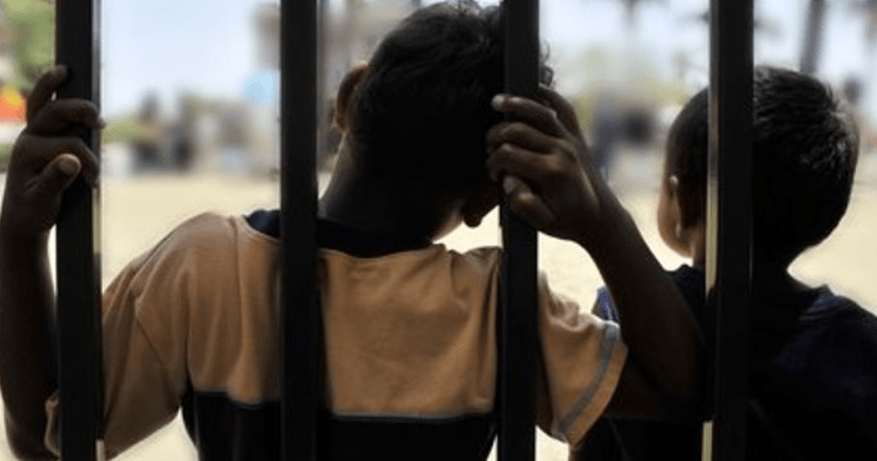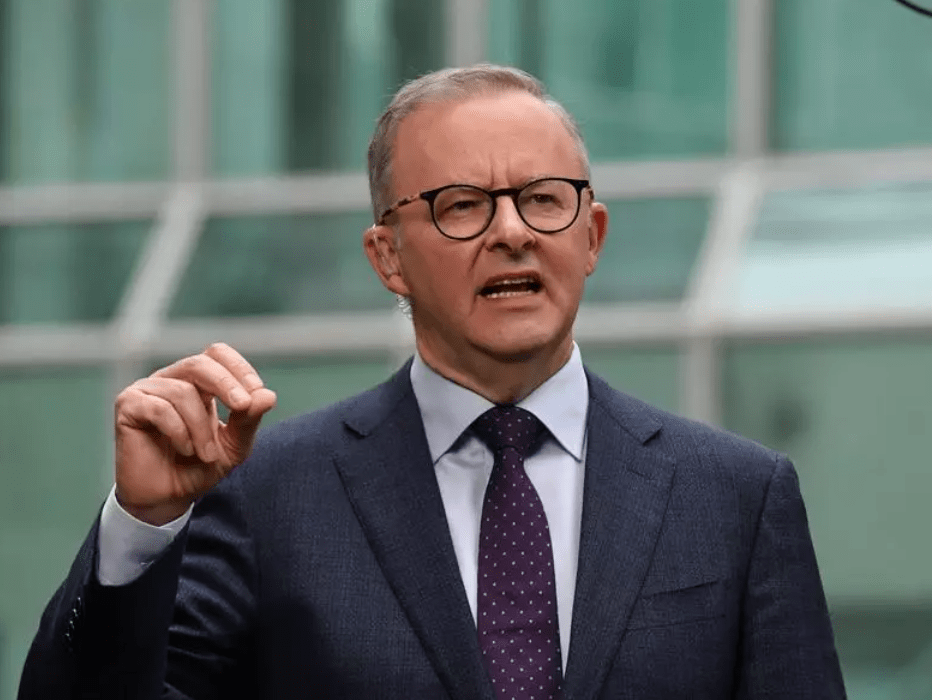The number of young people under youth justice supervision has significantly declined in recent years, however, amidst this positive shift, one glaring issue persists: the stark overrepresentation of First Nations youths in Australia’s justice system.
First Nations young people aged 10–17 are approximately 23 times more likely than their non-Indigenous counterparts to be under supervision on any given day, according to a new report by the Australian Institute of Health and Welfare (AIHW).
This disparity persists across the nation, with rates varying from 41 per 10,000 in Victoria to a staggering 189 per 10,000 in Western Australia. The situation is most severe in the Northern Territory, where First Nations youths are about 44 times more likely to be under supervision.

The report, titled “Youth Justice in Australia 2022–23,” highlights a decline in the overall number of young people under supervision, down by 20% from 2018–19 figures.
Similarly, the rate of young people aged 10–17 under supervision has dropped by 28%, signalling a positive trajectory. However, these improvements have not sufficiently addressed the overrepresentation issue among First Nations youths.
AIHW spokesperson Ms. Amanda Donges said, “The majority of young people in detention were unsentenced,” shedding light on a concerning aspect of the justice system’s treatment of young offenders.
She further highlighted the correlation between youth justice supervision and factors such as remote residency and socioeconomic status.
Young people aged 10–17 from remote areas or lower socioeconomic backgrounds are disproportionately represented in the justice system, indicating broader societal issues at play.
The report also revealed gender disparities, with males being almost four times as likely as females to be under supervision on any given day. Moreover, youth from remote areas or lower socioeconomic backgrounds face significantly higher rates of supervision, indicating systemic inequities.
In its report, AIHW notes that First Nations people have a long history of over-representation in the youth and adult justice systems in Australia.
“It is important to understand how the past shapes the lives of First Nations Australians today: they have a long history of trauma, cultural dispossession, and forced displacement and assimilation, which affects their physical, mental and social wellbeing,” the report states.
“Disconnection from family and kinship systems, from Country, from spirituality and cultural practices, as well as the loss of parenting practices, are sources of trauma that can be passed from caregiver to child. First Nations Australians’ experience of child welfare policies has historically been traumatic, with the policy of forcible removal of children leading to what is now known as the Stolen Generations.”
The report comes amid growing calls for the federal government to raise the minimum age of criminal responsibility from 10 to at least 14 years of age.
“Every day that the age of criminal responsibility is less than 14, is another day of Australian governments failing to take care of children,” the National Raise the Age campaign, a coalition of more than 130 organisations, said.
“It is another day that children can be dragged through police stations, courts and locked up behind bars. This approach does not work.”
Tasmania is set to become the first Australian jurisdiction to ensure no child is raised behind bars after the government committed to raising the minimum age of criminal responsibility from 10 to 14, with no exceptions, alongside raising the minimum age of detention to 16 by 2029.
The Victorian government has also committed to raising the age to 14 by 2027.

